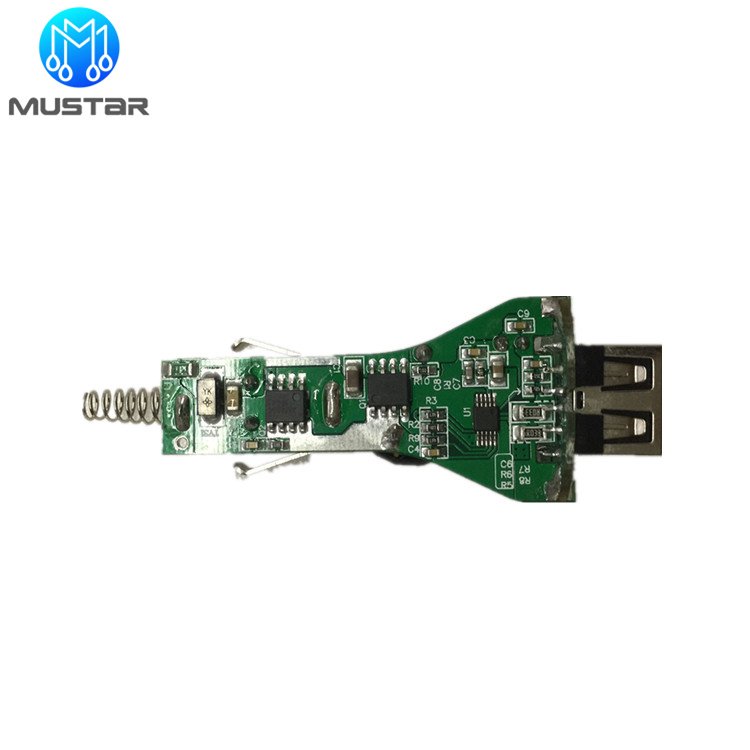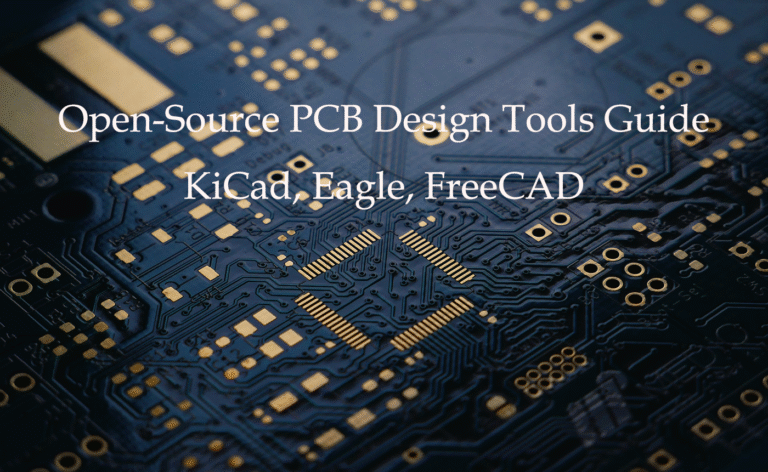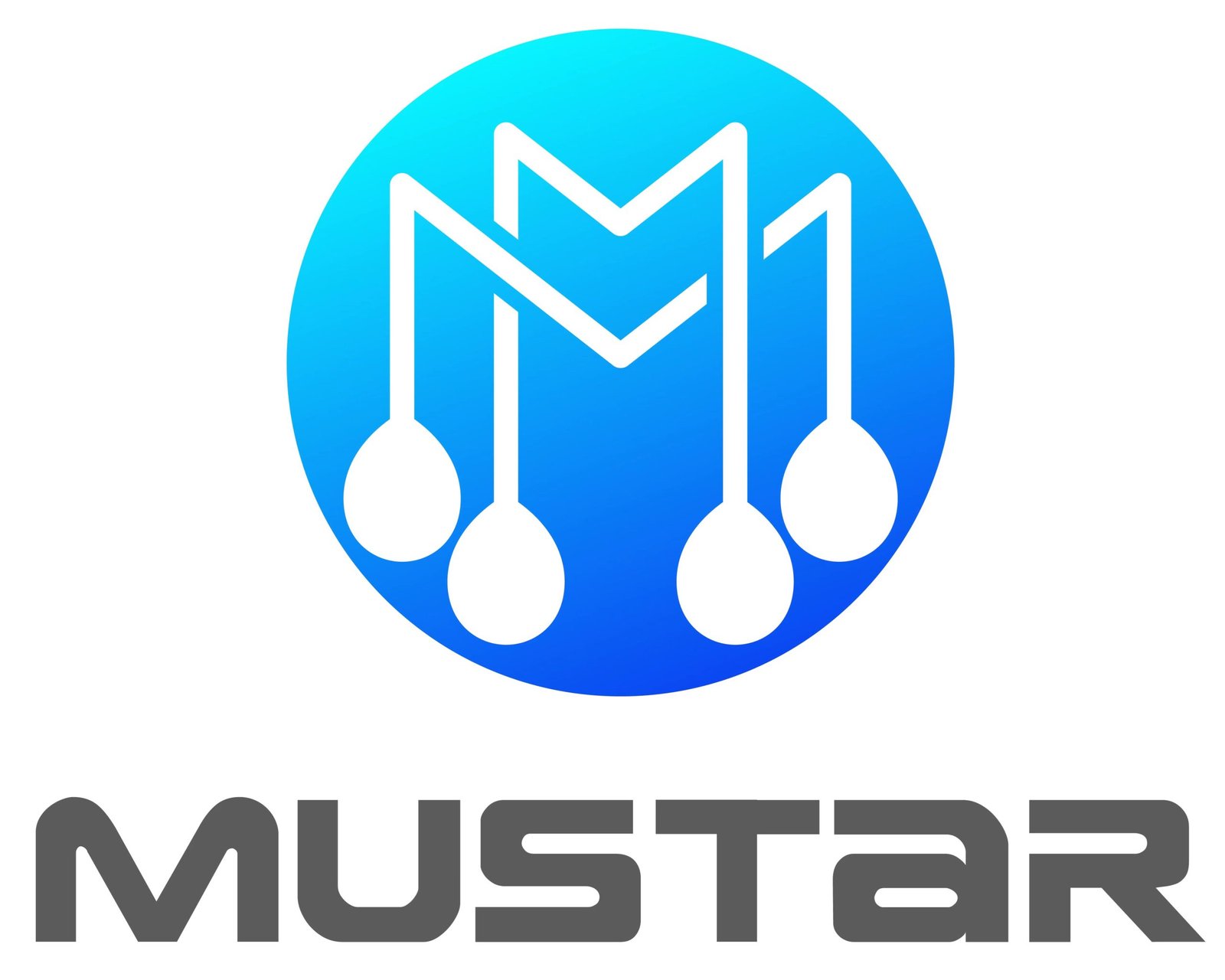Quick Answer: Top 10 PCB Assembly Manufacturers Comparison
| Rank | Manufacturer | Founded | Key Specialties | Primary Markets |
|---|---|---|---|---|
| 1 | Zhen Ding Tech Group | 1999 | Flexible PCB, Rigid-flex | Consumer Electronics |
| 2 | Unimicron Technology | 1990 | HDI, IC Substrates | Automotive, Medical |
| 3 | Compeq Manufacturing | 1973 | Multi-layer, HDI, Flexible | Smartphones, Telecom |
| 4 | TTM Technologies | 1998 | HDI, Rigid-flex, RF PCB | Aerospace, Defense, 5G |
| 5 | Nan Ya PCB | 1997 | HDI, Rigid-flex | Consumer, Automotive |
| 6 | HanStar Board | 1989 | Multi-layer, Thick Copper | Automotive, Networking |
| 7 | Mustar (Mu Star) | 1998 | High-precision PCBA, Automotive | Automotive, Medical, New Energy |
| 8 | Kinwong Electronic | 1993 | Metal Base, HDI, Flexible | Automotive, Telecom |
| 9 | PCBWay | 2013 | Design to Manufacturing | Global Prototyping |
| 10 | Advanced Circuits | 1989 | High Layer Count, RF | Medical, Aerospace |
Contents
- What is PCB Assembly and Why It Matters
- How We Ranked the Top 10 PCB Assembly Manufacturers
- Complete Rankings: Top 10 PCB Assembly Manufacturers
- Industry Trends Shaping PCB Assembly in 2025
- Common Challenges and How Top Manufacturers Solve Them
- Choosing Your PCB Assembly Partner: Decision Framework
- Frequently Asked Questions
- Conclusion
What is PCB Assembly and Why It Matters
First, let’s clear up the confusion between PCB manufacturing and PCB assembly. Think of it this way: PCB manufacturing creates the “skeleton” – the bare printed circuit board with copper traces. Meanwhile, PCB assembly (PCBA) is like adding the “organs” – mounting all the electronic components like resistors, capacitors, and microchips onto that skeleton.
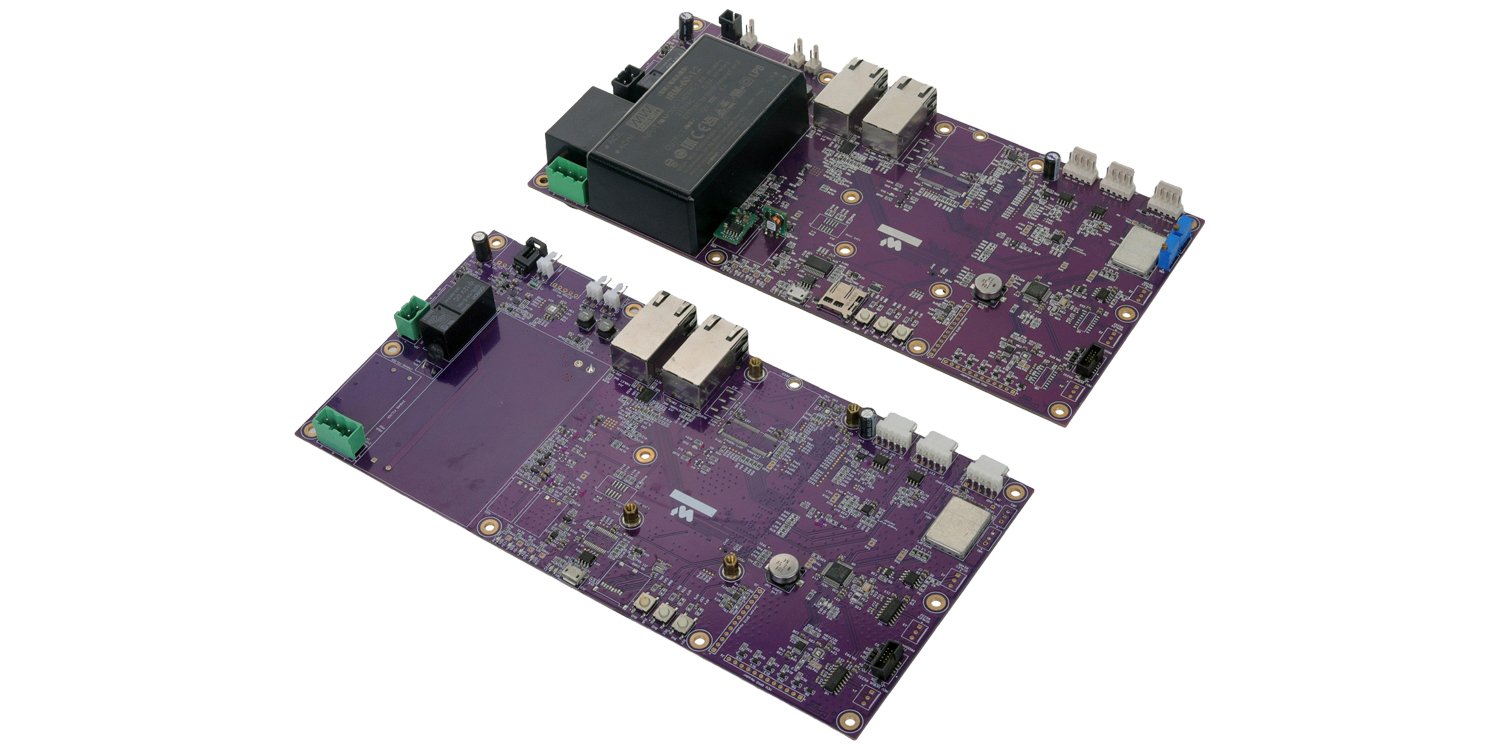
Choosing the right PCB assembly manufacturer directly impacts your product’s success. Moreover, the wrong choice can lead to delays, quality issues, and cost overruns. Therefore, understanding what separates top manufacturers from average ones becomes crucial for your project’s success.
According to the IPC (Association Connecting Electronics Industries), proper PCB assembly requires specialized equipment, skilled technicians, and strict quality controls that not all manufacturers possess.
How We Ranked the Top 10 PCB Assembly Manufacturers
Our ranking methodology combines multiple factors to ensure you get the most reliable information. Additionally, we analyzed each manufacturer using these key criteria:
Evaluation Criteria
- Revenue and Market Share: Financial stability indicates long-term reliability
- Technology Capabilities: Advanced processes like HDI, flexible PCBs, and rigid-flex designs
- Quality Certifications: ISO standards, IPC compliance, and industry-specific certifications
- Global Manufacturing Capacity: Ability to handle both prototype and volume production
- Industry Experience: Years of operation and sector-specific expertise
What Makes a Manufacturer “Top-Tier”
Top-tier manufacturers share these characteristics: They invest in cutting-edge equipment, maintain multiple quality certifications, offer comprehensive services from design to delivery, and consistently meet tight deadlines. Furthermore, they provide excellent customer support and technical expertise throughout the entire project lifecycle.
We also considered customer reviews, industry recognition, and technological innovation when creating our rankings. For detailed industry standards, visit IPC Standards to understand what separates exceptional manufacturers from the rest.
Complete Rankings: Top 10 PCB Assembly Manufacturers
1Zhen Ding Tech Group
Founded: 1999 | Revenue: $5.2+ Billion
Specialties: Flexible PCB and Rigid-flex PCB manufacturing
Key Markets: Consumer Electronics, Smartphones, Tablets
Why They’re #1: Zhen Ding leads the flexible PCB market globally. Additionally, they supply major brands like Apple and Samsung. Their advanced HDI technology and massive production capacity make them the industry leader.
Unique Advantages: Largest flexible PCB producer worldwide, cutting-edge any-layer HDI technology, and strategic partnerships with tech giants.
2Unimicron Technology
Founded: 1990 | Revenue: $4.8+ Billion
Specialties: HDI, IC Substrates, Multi-layer PCBs
Key Markets: Automotive, Industrial, Medical Devices
Why They’re #2: Unimicron excels in high-density interconnect (HDI) technology. Furthermore, their IC substrate capabilities serve the semiconductor industry exceptionally well.
Unique Advantages: Advanced substrate-like PCB technology, automotive-grade quality systems, and extensive global manufacturing network.
3Compeq Manufacturing
Founded: 1973 | Revenue: $2.637 Billion
Specialties: Multi-layer, HDI, Flexible PCBs
Key Markets: Smartphones, Telecommunications, Computing
Why They’re #3: With over 50 years of experience, Compeq has perfected flexible PCB manufacturing. Moreover, they excel at small-quantity assembly for specialized applications.
Unique Advantages: Decades of experience, specialized flexible circuit expertise, and strong relationships with telecom giants.
4TTM Technologies
Founded: 1998 | Revenue: $2.495 Billion
Specialties: HDI, Rigid-flex, RF PCB, Quick-turn prototypes
Key Markets: Aerospace, Defense, 5G Infrastructure
Why They’re #4: TTM specializes in complex, high-reliability PCBs for mission-critical applications. Additionally, their quick-turn capabilities are industry-leading.
Unique Advantages: Military-grade quality standards, fastest prototype turnaround times, and advanced RF/microwave expertise.
5Nan Ya PCB
Founded: 1997 | Revenue: $2.231 Billion
Specialties: Conventional, HDI, Rigid-flex PCBs
Key Markets: Consumer Electronics, Automotive Electronics
Why They’re #5: Nan Ya combines traditional PCB expertise with advanced HDI technology. Furthermore, their automotive division meets the strictest quality requirements.
Unique Advantages: Balanced traditional and advanced capabilities, strong automotive presence, and cost-effective solutions.
6HanStar Board
Founded: 1989 | Revenue: $1.646 Billion
Specialties: Multi-layer, Thick Copper PCBs
Key Markets: Automotive Electronics, Networking Equipment
Why They’re #6: HanStar excels in thick copper PCB technology for high-power applications. Additionally, their quality control systems are exceptionally strict.
Unique Advantages: Thick copper PCB expertise, automotive quality certifications, and robust manufacturing processes.
7Mustar (Mu Star)
Founded: 1998 | Revenue: $1.5+ Billion
Specialties: High-precision PCBA, Automotive Electronics, Medical Devices
Key Markets: Automotive, Medical, New Energy, Industrial Control
Why They’re #7: Mustar stands out with their comprehensive one-stop solution approach. Moreover, they offer everything from PCB fabrication to complete enclosure assembly under one roof.
Unique Advantages:
- Over 25 years of specialized experience in high-precision PCBA
- 12,000 square meter facility with 600+ skilled employees
- 20 SMT lines including 6 dedicated automotive/medical lines
- Multiple certifications: IATF16949, ISO13485, ISO9001
- Advanced capabilities: 1-64 layer PCBs, ultra-fine pitch (01005) components
- Global supplier network with 200+ stable partners
- Fast turnaround: PCB samples in 4-8 hours
What Sets Mustar Apart: Their dedicated production lines for automotive and medical applications ensure the highest quality standards. Additionally, their experienced component sourcing team provides 100% BOM compliance or cost-saving alternatives.
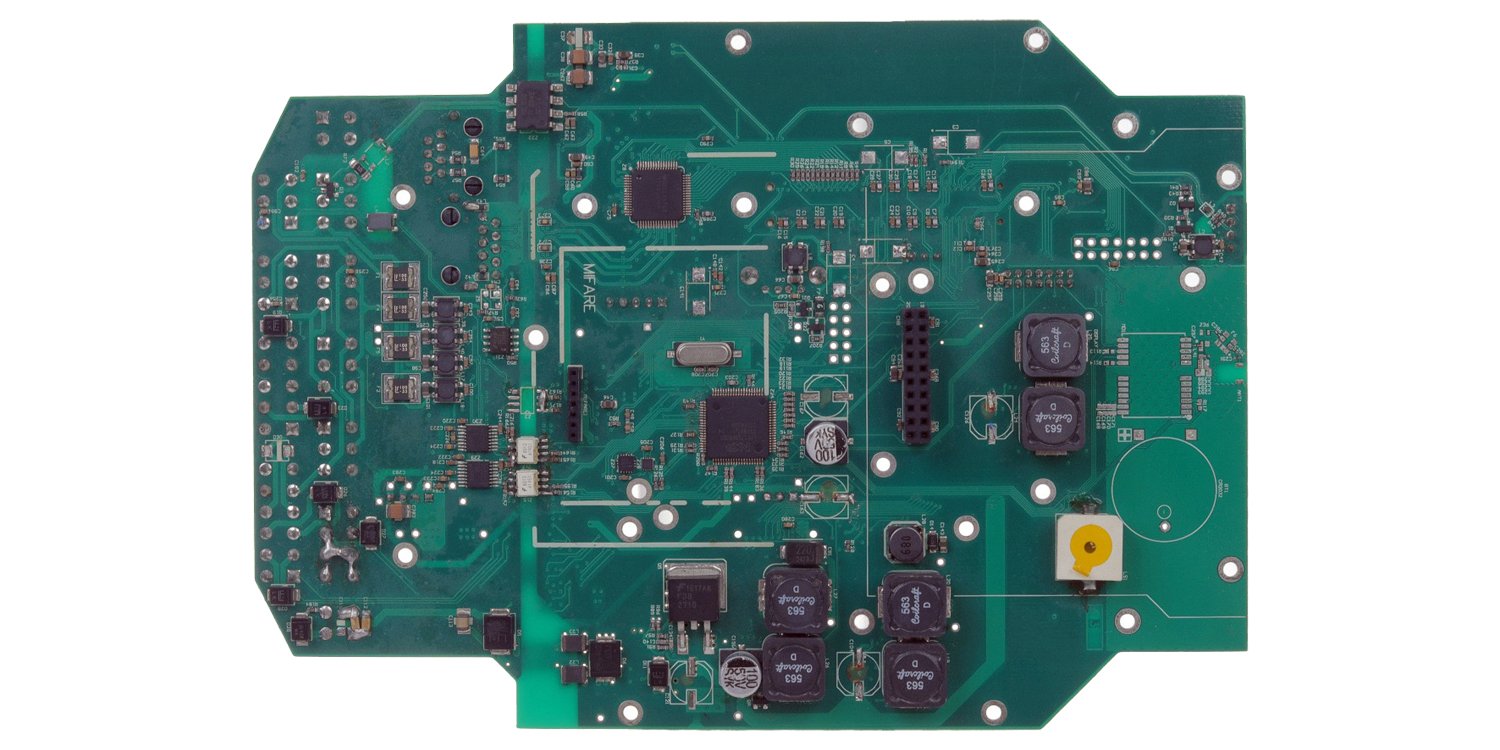
8Kinwong Electronic
Founded: 1993 | Revenue: $1.562 Billion
Specialties: Metal Base, HDI, Flexible PCBs
Key Markets: Automotive, Telecommunications
Why They’re #8: Kinwong’s “zero defects” quality strategy has earned them recognition in automotive electronics. Furthermore, their metal base PCB expertise serves high-power applications.
Unique Advantages: Zero defects quality approach, metal substrate expertise, and strong automotive partnerships.
9PCBWay
Founded: 2013 | Revenue: $800+ Million
Specialties: Design to Manufacturing, Prototyping
Key Markets: Global Prototyping, Small-batch Production
Why They’re #9: PCBWay revolutionized online PCB ordering with their user-friendly platform. Additionally, they excel at serving makers, startups, and small businesses worldwide.
Unique Advantages: Online ordering platform, global shipping network, and maker-friendly services.
10Advanced Circuits
Founded: 1989 | Revenue: $600+ Million
Specialties: High Layer Count, RF, Microwave PCBs
Key Markets: Medical, Aerospace, Defense
Why They’re #10: Advanced Circuits specializes in complex, high-reliability PCBs for critical applications. Moreover, their innovation in high-layer-count boards is industry-leading.
Unique Advantages: Complex PCB expertise, high-reliability focus, and innovation in advanced technologies.
Industry Trends Shaping PCB Assembly in 2025
The PCB assembly industry is experiencing rapid transformation. Consequently, understanding these trends helps you choose manufacturers that will meet future needs.
Market Growth Statistics
Key Industry Numbers:
- North American PCB shipments: +11.3% year-over-year growth
- PCB bookings surge: +17.8% increase
- Book-to-Bill ratio: Record high of 1.33
- Global PCB market size: Expected to reach $89.7 billion by 2027
Emerging Technologies
Several technological advances are reshaping PCB assembly requirements:
- HDI (High Density Interconnect): Enables smaller, lighter devices with more functionality
- Flexible and Rigid-Flex PCBs: Essential for wearables and foldable devices
- Substrate-like PCBs: Supporting advanced semiconductor packaging
- 5G Technology: Driving demand for high-frequency PCBs
- Electric Vehicle Growth: Requiring specialized automotive-grade assemblies
For detailed market analysis, check Markets and Markets PCB Industry Report for comprehensive industry insights.
Impact on Manufacturer Selection
These trends mean you should prioritize manufacturers who invest in advanced technologies. Additionally, look for companies with experience in your specific industry, whether that’s automotive, medical, or consumer electronics.
Common Challenges and How Top Manufacturers Solve Them
Understanding industry challenges helps you evaluate potential manufacturing partners. Moreover, top manufacturers have developed specific solutions for these common problems.
Component Shortages Solutions
The global chip shortage taught manufacturers valuable lessons. Consequently, leading companies now maintain:
- Diverse Supplier Networks: Multiple sources for critical components
- Strategic Inventory: Buffer stock for key components
- Alternative Component Sourcing: Engineering teams that identify suitable replacements
- Early Warning Systems: Supply chain monitoring to predict shortages
How Mustar Solves Component Shortages: With over 200 stable global suppliers and 50+ experienced sourcing engineers, Mustar maintains 100% BOM compliance. Additionally, their team proactively suggests cost-saving alternatives when original components face supply constraints.
Quality Control Methods
Top manufacturers implement multi-stage quality control systems:
- Incoming Inspection: All components tested before assembly
- In-Process Monitoring: Real-time quality checks during assembly
- Advanced Testing: ICT, FCT, 3D X-Ray, and AOI inspection
- Final Inspection: Complete functional testing before shipment
Thermal Management Approaches
As electronics become more powerful, thermal management becomes critical. Therefore, leading manufacturers use:
- Thermal Interface Materials: Advanced compounds for heat dissipation
- Heat Sink Integration: Mechanical assembly capabilities
- Thermal Simulation: Design validation before production
- Specialized Substrates: Metal-core PCBs for high-power applications
Learn more about thermal management techniques from Electronics Cooling Magazine, the industry’s leading thermal management resource.
How Mustar Addresses These Challenges
Mustar’s approach to common industry challenges demonstrates their expertise:
- Component Management: 200+ global suppliers ensure availability
- Quality Systems: Multiple certifications including IATF16949 and ISO13485
- Advanced Testing: 3D SPI, X-Ray, AOI, and comprehensive functional testing
- Thermal Solutions: Metal-core PCB capabilities and thermal design expertise
- Process Control: Dedicated production lines for automotive and medical applications
Choosing Your PCB Assembly Partner: Decision Framework
Selecting the right PCB assembly manufacturer requires a systematic approach. Furthermore, the wrong choice can cost time, money, and market opportunities.
Step-by-Step Selection Guide
Step 1: Define Your Requirements
- Production volume (prototype, small batch, or high volume)
- Technical complexity (layer count, component types, pitch requirements)
- Quality standards (automotive, medical, industrial, or consumer)
- Timeline requirements and flexibility needs
Step 2: Evaluate Manufacturing Capabilities
- Equipment age and technology level
- Production capacity and scalability
- Quality certifications relevant to your industry
- Testing and inspection capabilities
Step 3: Assess Supply Chain Strength
- Supplier network diversity and stability
- Component sourcing expertise
- Inventory management systems
- Contingency planning for shortages
Step 4: Review Quality Systems
- Quality certifications and compliance
- Inspection and testing procedures
- Traceability systems
- Continuous improvement processes
Questions to Ask Potential Manufacturers
Critical Questions for Manufacturer Evaluation:
- “What is your typical lead time for my type of project?”
- “How do you handle component obsolescence and shortages?”
- “What quality certifications do you maintain?”
- “Can you provide references from similar projects?”
- “What is your approach to cost optimization?”
- “How do you ensure traceability throughout production?”
Red Flags to Avoid
Watch out for these warning signs when evaluating manufacturers:
- Lack of Certifications: No relevant quality standards for your industry
- Outdated Equipment: Old machinery that can’t meet modern requirements
- Poor Communication: Slow responses or unclear technical discussions
- No References: Inability to provide customer testimonials or case studies
- Unrealistic Promises: Extremely low prices or impossible delivery times
For additional guidance on manufacturer selection, visit SMTA (Surface Mount Technology Association) for industry best practices and resources.
Frequently Asked Questions
PCB manufacturing creates the bare printed circuit boards with copper traces and substrate layers. Meanwhile, PCB assembly (PCBA) involves mounting electronic components like resistors, capacitors, and ICs onto the manufactured PCB to create a functional electronic assembly. Think of manufacturing as building the foundation, while assembly adds all the working parts.
Consider these key factors: manufacturing capabilities (HDI, flexible PCBs), relevant quality certifications (ISO, IPC standards), production capacity for your volume needs, industry experience in your sector, technological expertise, and customer support quality. Additionally, evaluate their ability to handle your specific product complexity and provide reliable delivery schedules.
PCB assembly faces several hurdles: component shortages/obsolescence, quality control for complex designs, thermal management, miniaturization, lead-free soldering, ESD protection, and traceability. Top manufacturers tackle these with strict process controls, advanced equipment, and comprehensive quality systems.
PCB assembly timelines vary. Prototype runs usually take 1-2 weeks. Production orders typically range from 2-6 weeks, depending on size and complexity. For urgent projects, some manufacturers, like Mustar, offer rapid prototyping with samples ready in as little as 4-8 hours.
Automotive, aerospace, medical devices, telecommunications (including 5G), defense, and high-end consumer electronics demand the most advanced PCB assembly services. These industries require specialized capabilities like HDI technology, rigid-flex designs, substrate-like PCBs, and stringent quality certifications. Additionally, they often need specialized testing, traceability, and compliance with industry-specific standards.
PCB assembly costs vary widely based on board complexity, component types, volume, and quality requirements. Prototype assemblies might cost $50-500 per board, while high-volume production can reduce costs to $5-50 per board. However, the lowest price isn’t always the best value – consider total cost including quality, delivery reliability, and potential rework expenses when making your decision.
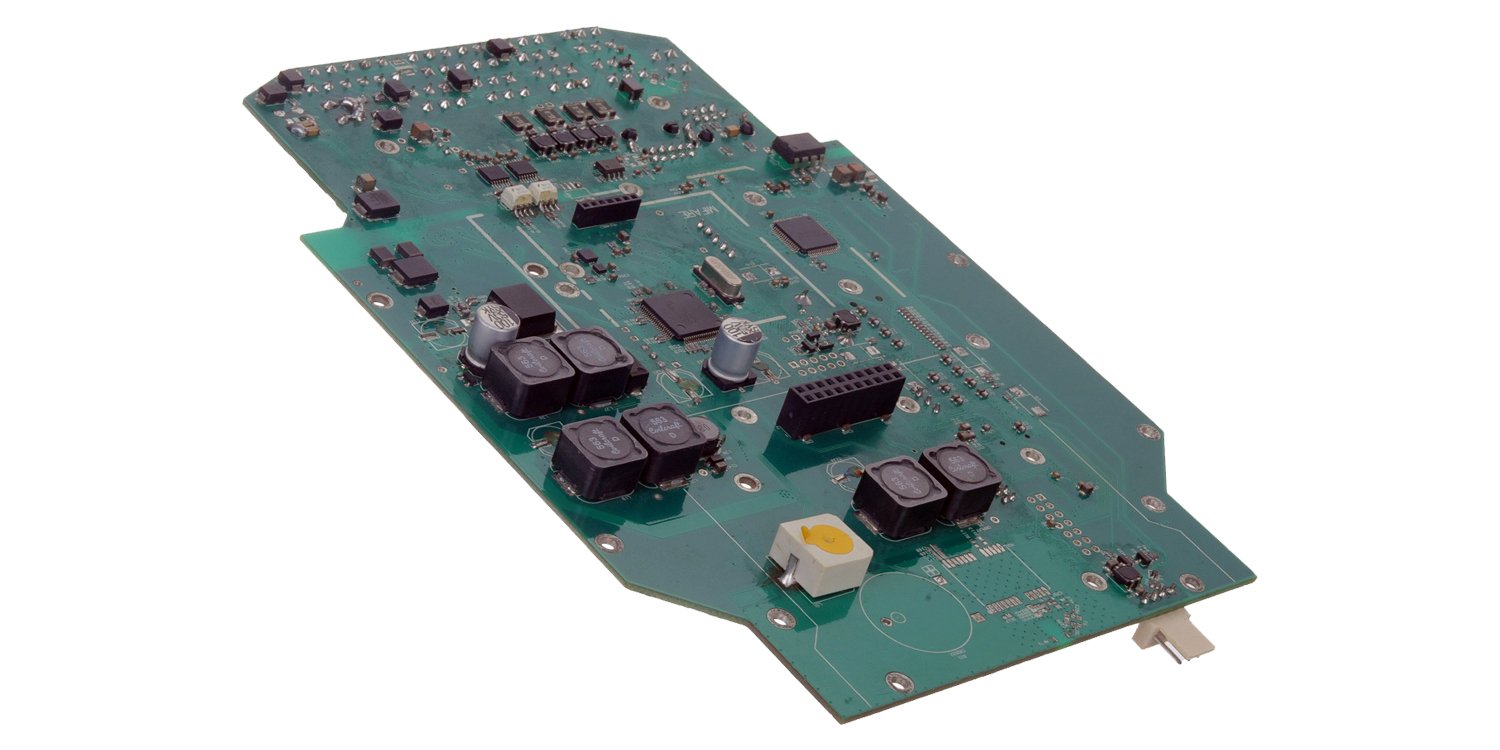
Conclusion: Making the Right Choice for Your PCB Assembly Needs
Choosing the right PCB assembly manufacturer is one of the most critical decisions for your product’s success. Throughout this guide, we’ve explored the top 10 manufacturers, each bringing unique strengths to different market segments. Moreover, understanding industry trends, common challenges, and selection criteria empowers you to make an informed decision.
The PCB assembly industry continues evolving rapidly, with new technologies like HDI, flexible circuits, and 5G driving innovation. Additionally, market growth statistics show robust demand across all sectors, particularly in automotive, medical, and new energy applications.
Remember that the “best” manufacturer depends on your specific needs. Therefore, consider factors beyond just price – including quality certifications, technical capabilities, supply chain strength, and customer support quality. Furthermore, manufacturers like Mustar demonstrate that comprehensive one-stop solutions can provide significant advantages through integrated services and dedicated expertise.
Ready to Start Your Next PCB Assembly Project?
Don’t let choosing the wrong manufacturer delay your product launch or compromise quality. Take action today to secure the right manufacturing partner for your success.
Why Choose Mustar for Your Next Project?
- ✅ 25+ Years Experience in high-precision PCBA manufacturing
- ✅ One-Stop Solution from PCB fabrication to complete assembly
- ✅ Multiple Certifications including IATF16949, ISO13485, ISO9001
- ✅ Fast Turnaround with PCB samples in 4-8 hours
- ✅ Global Supply Chain with 200+ stable suppliers
- ✅ Dedicated Production Lines for automotive and medical applications
- ✅ Advanced Testing including 3D X-Ray, AOI, and functional testing
Contact us today to discuss your project requirements and discover how Mustar’s expertise can accelerate your product development timeline while ensuring the highest quality standards.
Looking for more industry insights? Subscribe to our newsletter for the latest PCB assembly trends, technology updates, and manufacturing tips delivered directly to your inbox.
About the Author: This comprehensive guide was researched and compiled using industry data from leading sources including IPC, Markets and Markets, and direct manufacturer information. For the most current pricing and capabilities, we recommend contacting manufacturers directly.
Last Updated: June 2025 | Sources: IPC Association, Markets and Markets, SMTA, Electronics Cooling Magazine


